Benivo and Fragomen hosted a morning of
On Thursday, 15 March 2018, Benivo invited HR, Recruiting and Global Mobility professionals to an exchange of views and best practices. The setting was generously provided by Fragomen, a law firm specialising in immigration law.
We broke the morning into two sessions, where
While we can consider the importance of talent as a given for all companies, what extra steps does a business need to take to reinforce its hiring and retention practices in difficult times?
Despite the spectre of Brexit looming large, the atmosphere was decidedly upbeat and defiant. Yes, we don't know what the future will bring, but it has always been hard to find and retain great talent. We have weathered bigger problems than Brexit - that was the overarching sentiment in the room, even if it was partially built on the confidence that the government won't do anything that would damage the economy too much.
Here's what stood out for us:
SESSION 1 - Attracting and Recruiting Great Talent
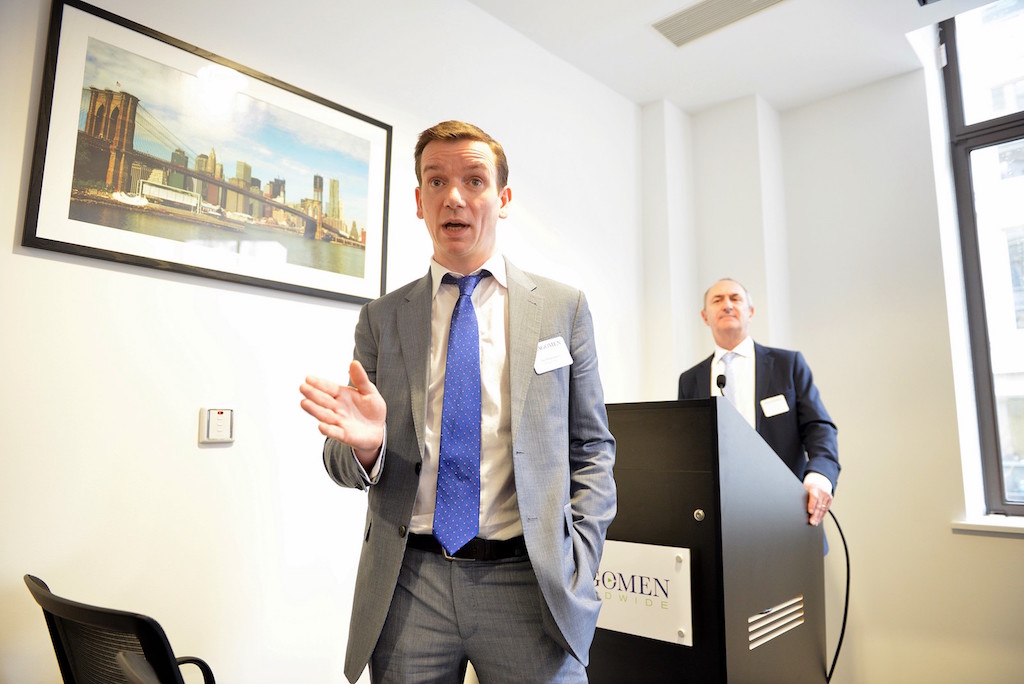
Ian Robinson, Partner at Fragomen:
We are in the business of advising our clients on the law. But what if, like in Brexit, there is no legal framework yet? So we advise clients how they can do their job better when it comes to Brexit. We run qualitative benchmarking meetings and seminars where you can hear what other companies are doing and you can think about how you can do it yourself. The other part is about data - we run a lot of studies and surveys. For example, we found out that only 25% of companies are preparing for Brexit. So if you're worried you're not doing enough - don't worry: Three quarters in this room aren't either. 40% of our clients find it harder to recruit since Brexit and a third finds it harder to retain talent. So we're here to help share best practices.
* * *
Generally, when you come into the office on your first workday, you feel small. We are now consciously working to hit the impostor syndrome early on. Make people feel welcome and not intimidated.
* * *
Really simple messaging is key - give people a few nuggets of information that make them feel at ease: you'll be ok, these are the rules that apply if you've been in the country since year X, these are the rules if you've been here longer than 5 years etc. In times of stress, keep it really simple.
* * *
To retain assignees, I recommend to make sure you and they understand if it's a temporary assignment or a proper long-term transplantation. If a client of ours needs someone on site for five years, I make sure this person is properly embedded into the local structure and has a local manager, because this person is not an assignee.
* * *
We at Fragomen really like Benivo. There's a lot of excellent relocation firms out there but Benivo are a bit different. They somehow quite skillfully - and I think it's probably the combination of Nitzan and Brian - mix the tech focus and younger approach to immigration with a more conventional and grounded way of doing things. For example, look at Benivo's technology which is really impressive. And contrast that with things like the book, the foundation of today's seminar, which is printed in hardcover.
* * *
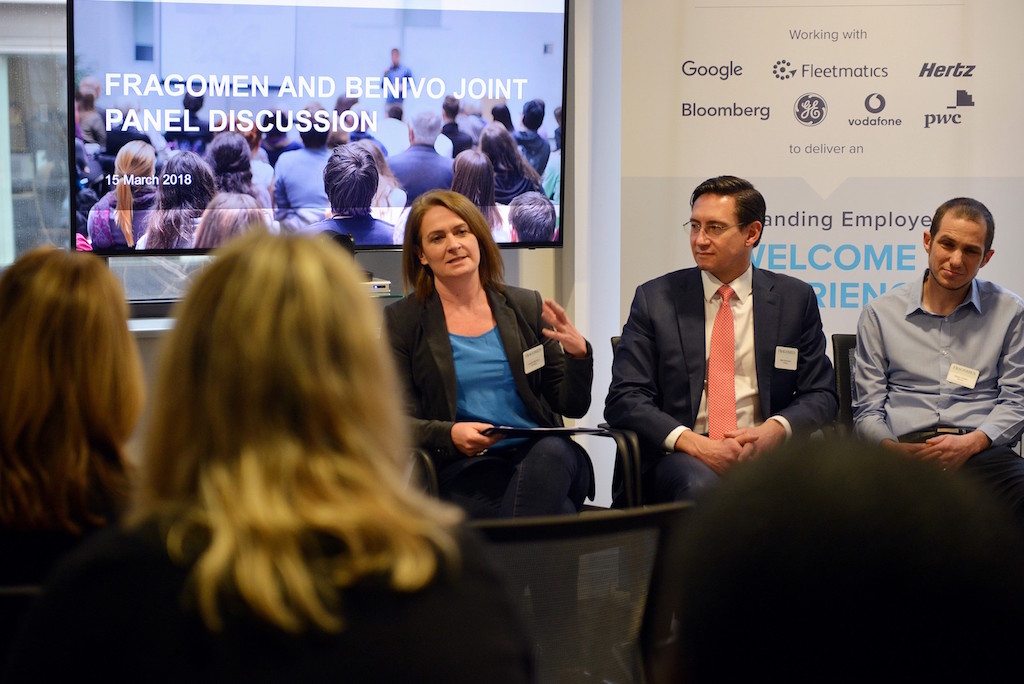
Andrea Marston, Director of Talent Acquisition at Workday:
If we will now have to go through the charade of posting a job for three months on JobCentre plus, like we do with Non-EU candidates now, we will just hire the candidate elsewhere, e.g. Germany or Ireland. It's more important to get people through the door than to wait for three months to get them into the UK.
* * *
The most forward thinking ways of doing talent acquisition go back to the classic headhunting days and the Little Black Book - it's much more about who you know and who can pass great candidates on to you. And it's important to engage the whole company. Recruiting is everyone's job, not just the recruiters'.
Part of this mindset is to not view recruiting so rigidly. To use a dating analogy, we don't have to get married right away, we can just go for a coffee.
Finally, providing great content is another great way of getting in front of top talent. For example, we are running an event on mindfulness next week - nothing to do with us as a business or an employer. But we get in front of the right people.
* * *
The first day is really the most important day from a recruiting standpoint. Think back when you started a new job. How often were you asked by your friends and family “How is the new job?”. If you as a recruiter and onboarder aren't doing an outstanding job here, you've lost your biggest PR opportunity for the next 10 recruits. The first day should be perfect.
* * *
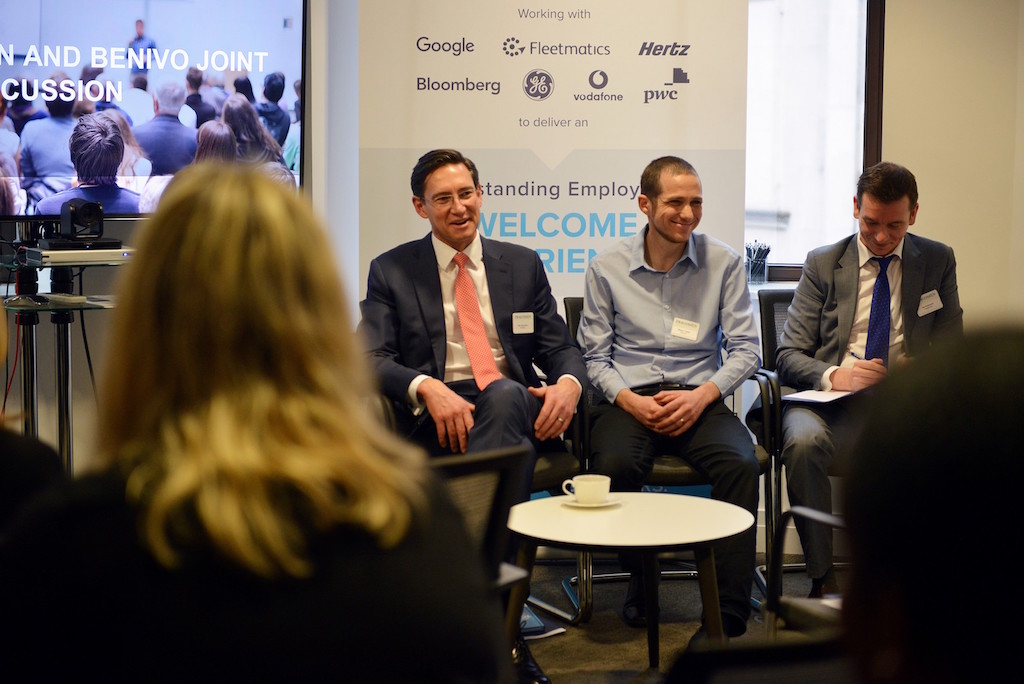
Marc Burrows, Head of Global Mobility Services at KPMG:
One mistake companies make is to take the business process and then map the human experience around it. They forget it's the human process that matters. That starts well before the business process does, and it tracks a bunch of emotion points, as opposed to business process steps. Business processes track transactional and administrative steps, not emotion points. You have to be more candidate-centric.
* * *
Companies are finding that their cost of recruitment has dramatically increased. They used to be able to do it quite freely via LinkedIn and internal recruitment resources. Now they have to rely on external recruitment much more. And so the cost for many hires has grown from zero to substantial numbers.
* * *
To woo the best talent, be as honest as possible. And get out of the way. Let candidates spend unstructured time among peer-level people. Let them find out that what they have been attracted to is real and not a mirage.
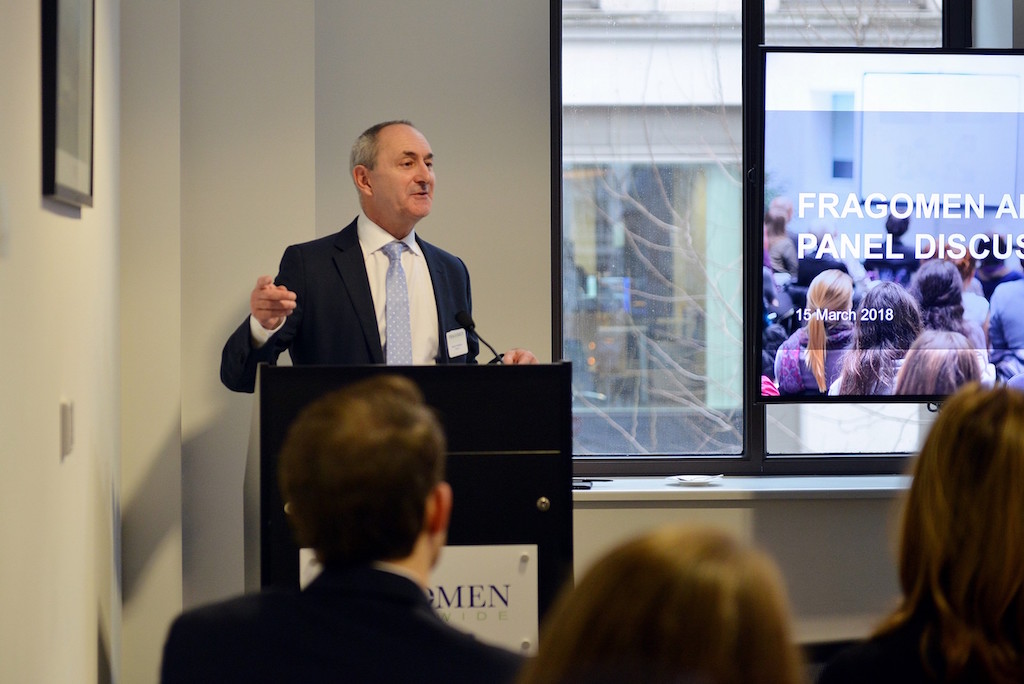
Brian Friedman, Director of Strategy at Benivo:
You're never going to win the war for talent. Winning implies it's over. And it will never be over. And to stay with the military analogy, we are now in the Phoney War period of Brexit. We don't know what is going on. So the question is what can be done in these months of uncertainty?
* * *
To identify potential no-shows, plant flags - during Pre-Boarding, ask new hires to do specific admin tasks. Those who don't do them are more likely to no-show. That's how you get a useful early signal and can act against it.
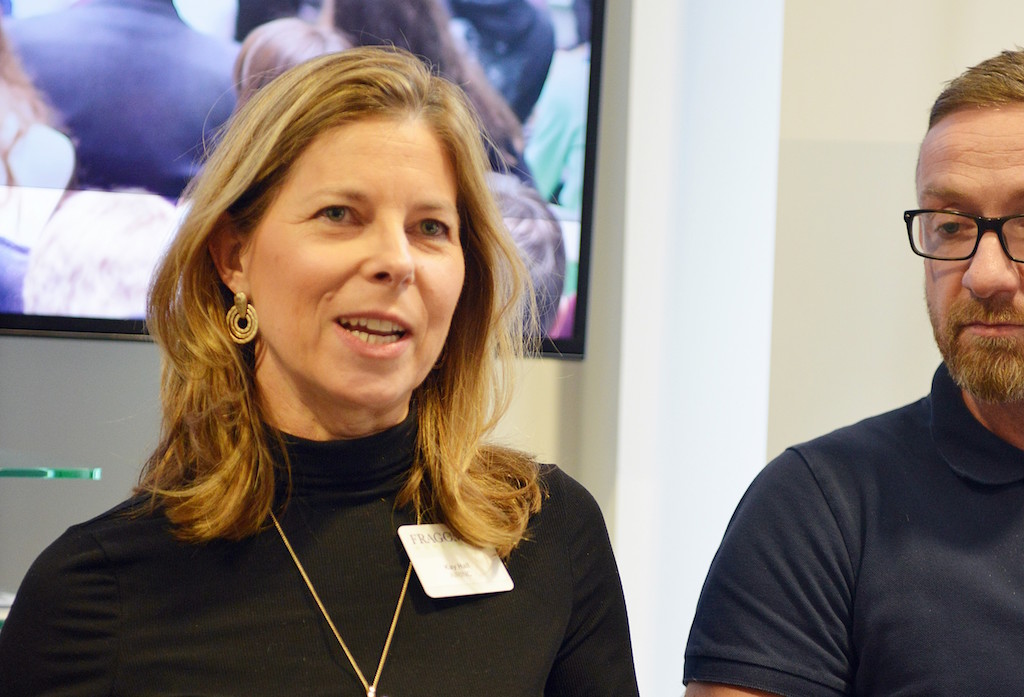
Kay Hall, VP EMEA at AIRINC
The Brexit-uncertainty lingers behind each business decision related to our UK office. We're not doing it consciously, it's happening naturally. We have no idea of what restrictions may apply in the future; be it for labour; accounting rules; business travel. That means it is safer to support new business from our Brussels office. The other noticeable impact since the referendum is the scarcity of multi-lingual candidates; it has always been hard, but post-Brexit is even more so.
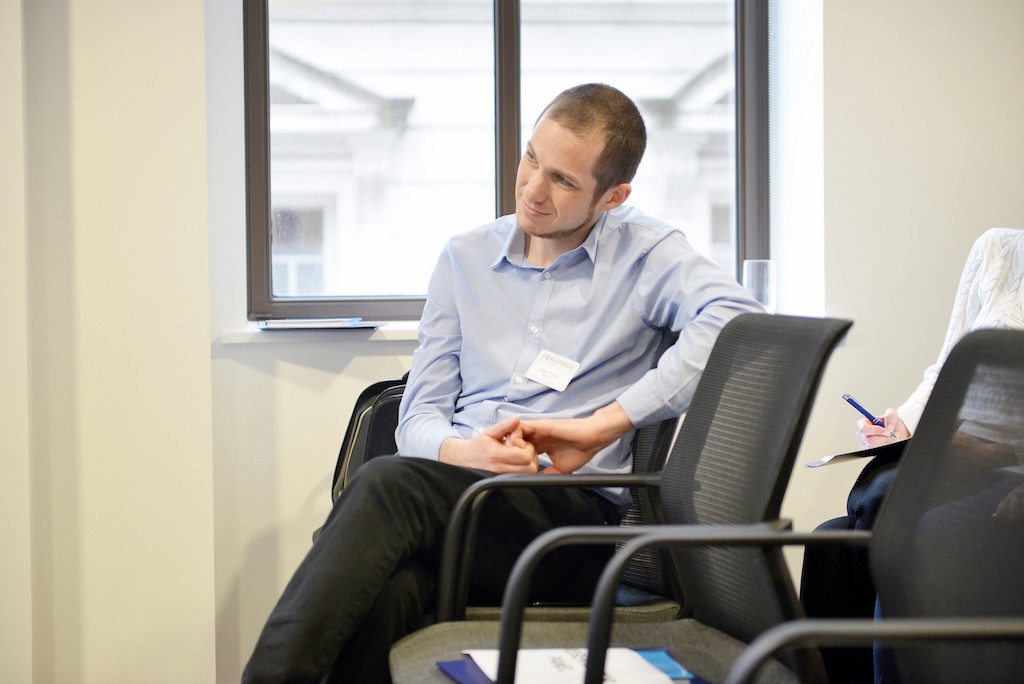
Nitzan Yudan, CEO of Benivo
We conducted research with ESCP Business School about how top talent chooses between offers. The best candidates have up to 10 offers to choose from, normally with a similar compensation plan and role. 89% of the participants said that it was which company made them feel welcome.
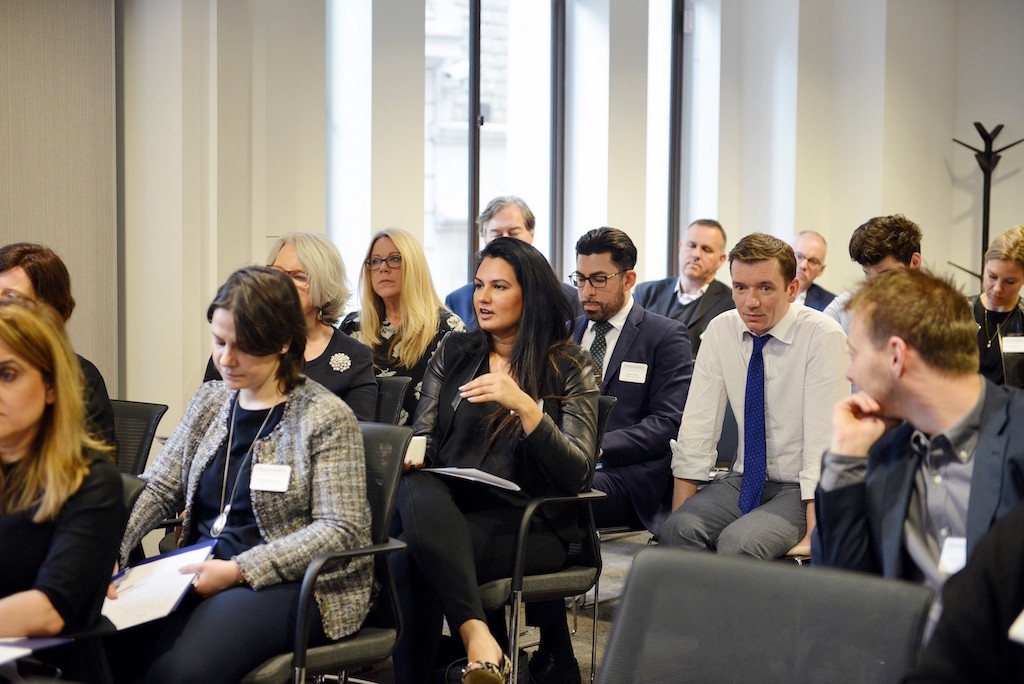
Davinder Walia, Group Head of Talent at Fintrax:
A good welcome is critical to the on-boarding of a candidates’ journey into your organisation as well as giving them an insight into how your company is organised. To reduce no-shows, you have to call them the night before and make sure they are still engaged and will show up. Sending them an on-boarding video link, a welcome message or a simple telephone call are all good tools. This is a clear way to let them know they are an important hire and that you are looking forward to their contribution to your company.
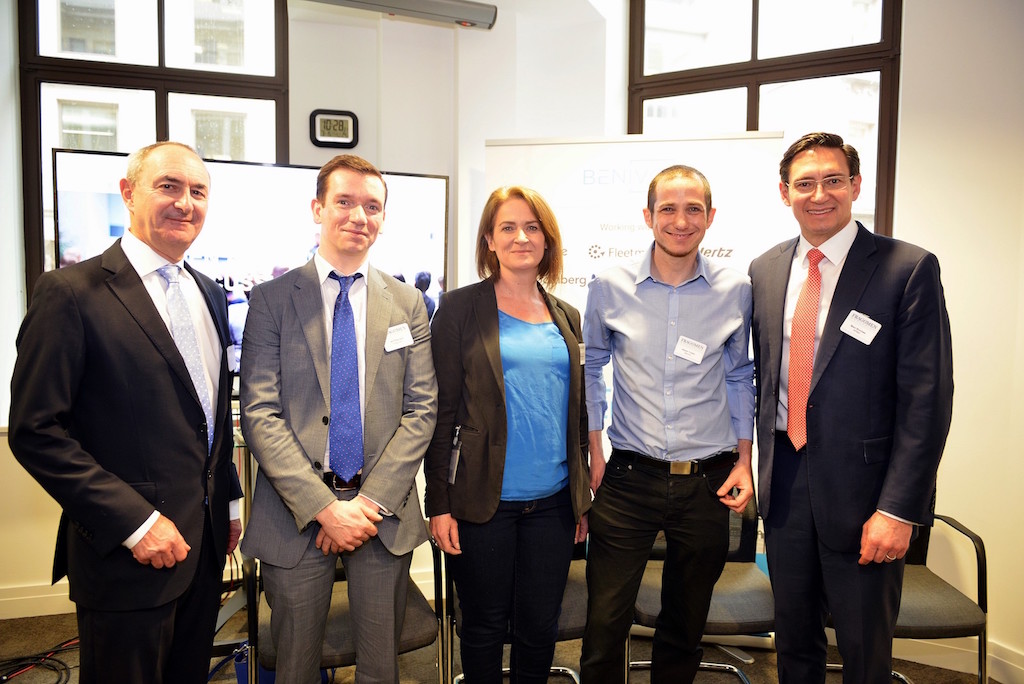
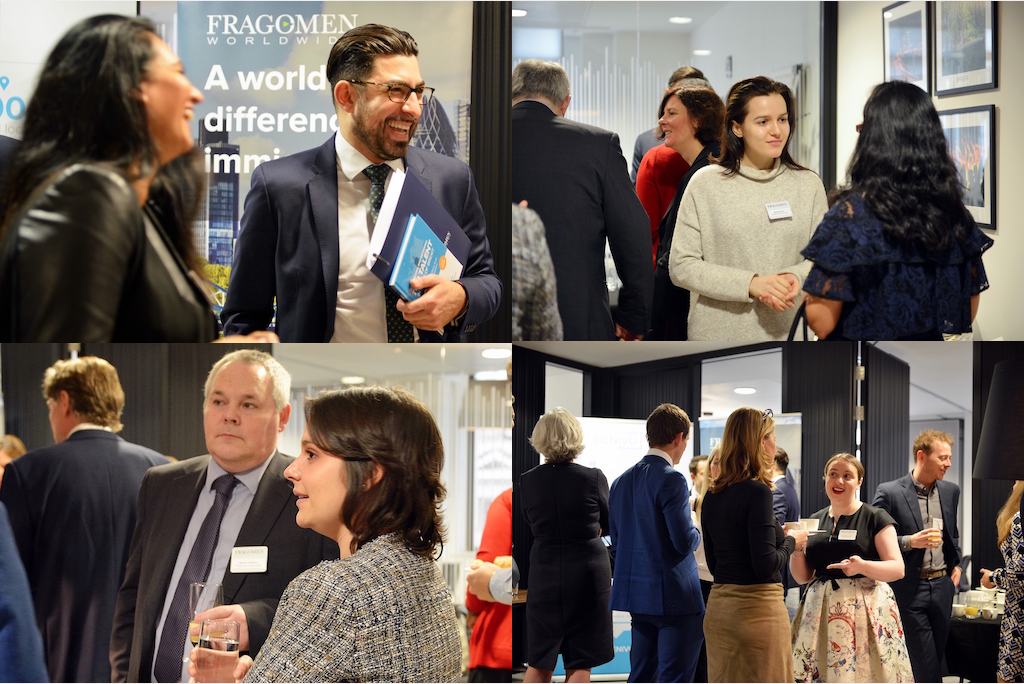
SESSION 2 - Retaining Great Talent
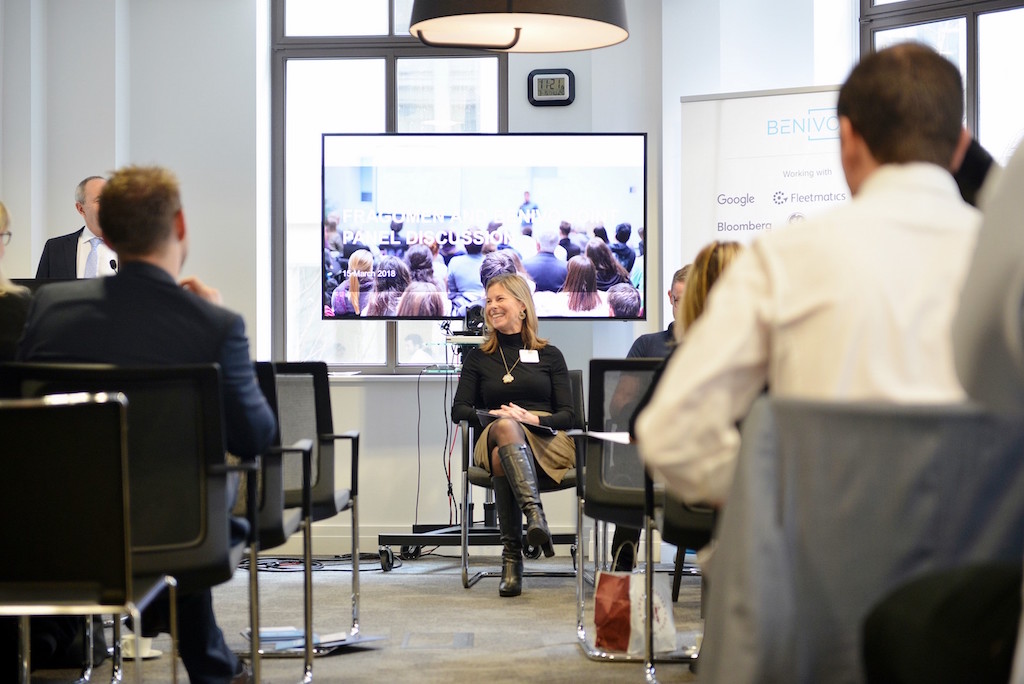
Kay Hall, VP EMEA at AIRINC:
I've been working in relocation for many years. One of my observations is that people won't remember the 27 emails you sent them with really useful information about their relocation. They will remember the fruit basket that you left behind on the kitchen table when they moved into their flat. Or they will remember that someone approached them on the first day and invited them to have coffee. In today's world, we have so much information out there, many people are self-servicing over the internet and it can be overwhelming. If you put yourself into their shoes during this stressful time and make these small gestures, it can make a world of difference for them.
* * *
When it comes to assignees and adjusting to their new environments, they have to understand that it's a two-way street. There needs to be a mutual commitment to make an assignment work. It’s about setting expectations in an honest way.
* * *
When it comes to maximising assignees' retention, I recommend discussing with them beforehand what is likely to happen at the end of their assignment. This is the position you'll come back to, this is a likely promotion path if you perform well, etc. People skirt around these questions because they don't want to commit or have difficult discussions. That defies the definition of an assignment which is temporary by nature.
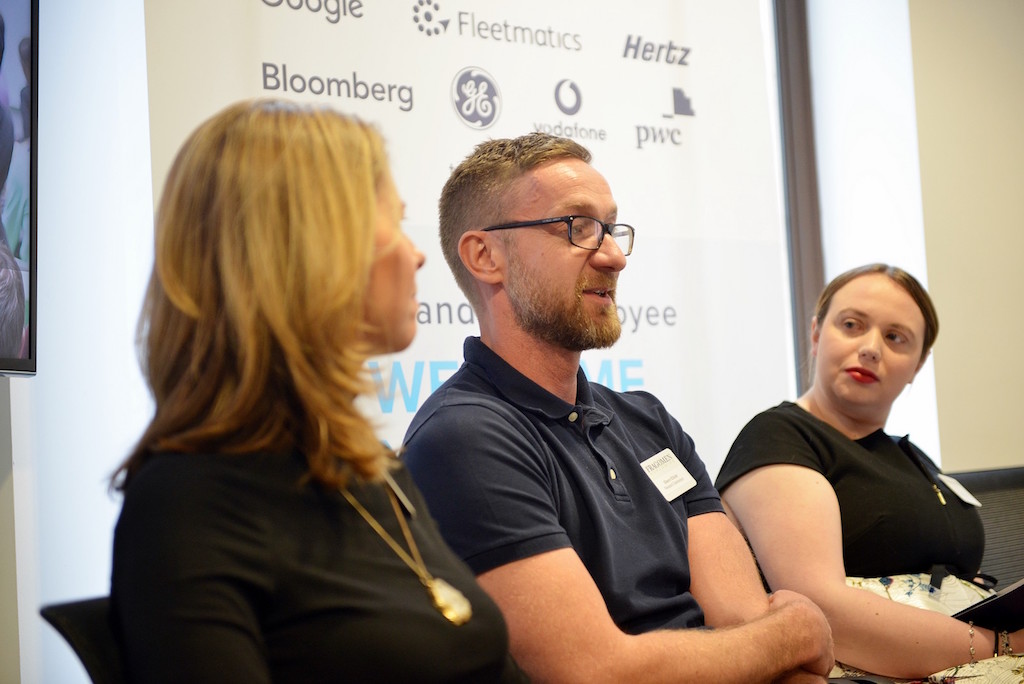
Glenn Elliott, Founder of Reward Gateway
The whole concept of a retention programme misses the point. The problem is that we (meaning companies generally) repel our employees. We turn their initial excitement into disappointment, stress and boredom. And we don't do it for lack of a retention programme. We do it because we don't deliver on the fundamentals. The fundamentals we were taught as children: Be honest with each other, treat people with respect, say thank you, it's the thought that counts, not the money. That's what causes the retention issues.
* * *
A retention programme is sellotape for an open wound. You can do it on top of an open company culture of trust, but you cannot do it instead of it.
* * *
But I even challenge the notion that long tenure is a good thing. I think we have the concept of loyalty wrong. Someone who stays with us for two years - that's not a failure! I presume that everyone in the room has changed employer at some point. Are you therefore disloyal? Of course not. At some point it's time to go.
* * *
Honesty requires courage, time and caring about somebody. And if you're disengaged you won't have either one of them and just want to get home in the evening.
* * *
We also have a problem with job descriptions. When we hire a product manager, we should have the courage to say “we have this product, nobody's buying it, we don't know how to fix it, and we desperately need someone to take care of it. We don't know if it's going to work.” THAT should be in a job spec.
* * *
Half of staff don't trust anyone at work (Source: Edelman). They just try to survive in the role, predominantly looking out for themselves.
* * *
80% of candidates look at a company's Glassdoor review before going for interview there ... But only 2% of companies respond to Glassdoor reviews. Companies still see Glassdoor as the enemy - in reality, it's your best friend for employee attraction.
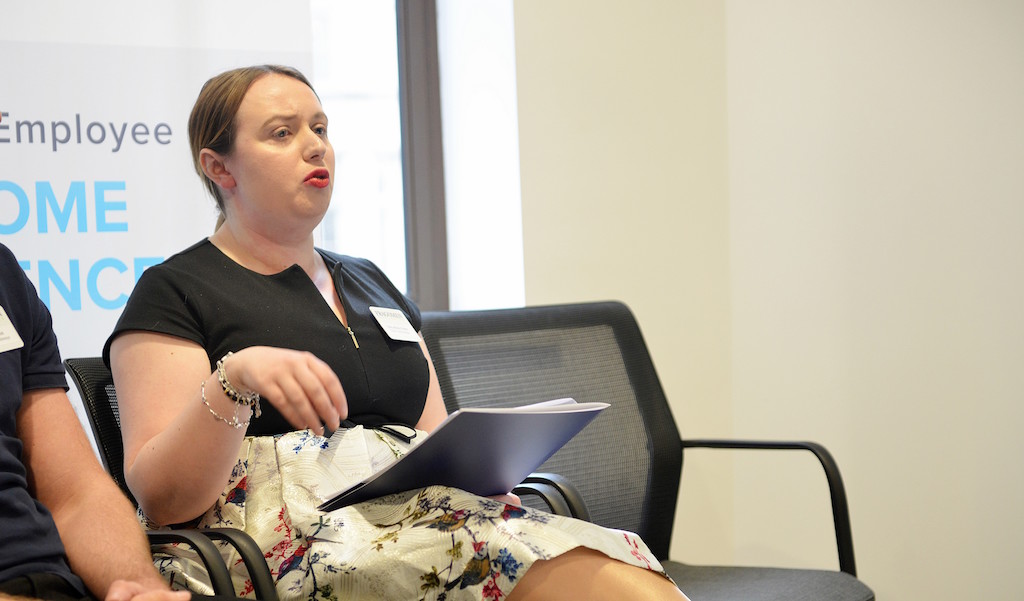
Holly Creed, Global Mobility Manager, DXC Technology:
I agree with the previous speakers when it comes to honesty - that's very important. But there are times when you need to balance it with sensitivity. I've heard of a case where a company sent out some comms to the whole company which was very upbeat and positive. And some of the recipients would be made redundant two weeks from then. You have to think who your message is going out to at what time - even if it's honest - and ask yourself if it makes sense to send it in this way at this time.
* * *
We have 2,500 relocation assignments at present, many of which are Indian nationals to the UK, US, Continental Europe, and Australia. We had an interesting observation recently in that we have started to offer some employees under a Legacy Global Mobility program destination services and all the bells and whistles of a good relocation experience to employees. But oddly, some assignees didn't want it and preferred to do things themselves. Which makes me think a) you can lead the horse to the water but cannot make it drink, and b) We assumed too much. We have to run a survey to make sure we're really offering what people want.

Brian Friedman, Director of Strategy at Benivo:
I remember reading an article in HBR a long time ago and still remember this one line: “If you want your employees do a good job, give them a good job to do.”
* * *
A recruiter dies and meets St Peter at the pearly gates. St Peter offers him to go to heaven or hell. The recruiter asks to see both before making a decision. Heaven is lovely, but a bit pastoral and dull - people sit on clouds and play harp all day. In hell, however, the party is rocking. People dancing, there's alcohol and it's fun. The recruiter thinks “hm, hell ain't a bad place to be after all!” and asks to be transferred to hell straight away. But as he arrives, it's fire and brimstone and eternal flogging. The recruiter calls up St Peter and complains that this isn't what it looked like in the beginning at all. And St Peter goes “Oh that's because they were recruiting you. Now you're on the staff.”
* * *
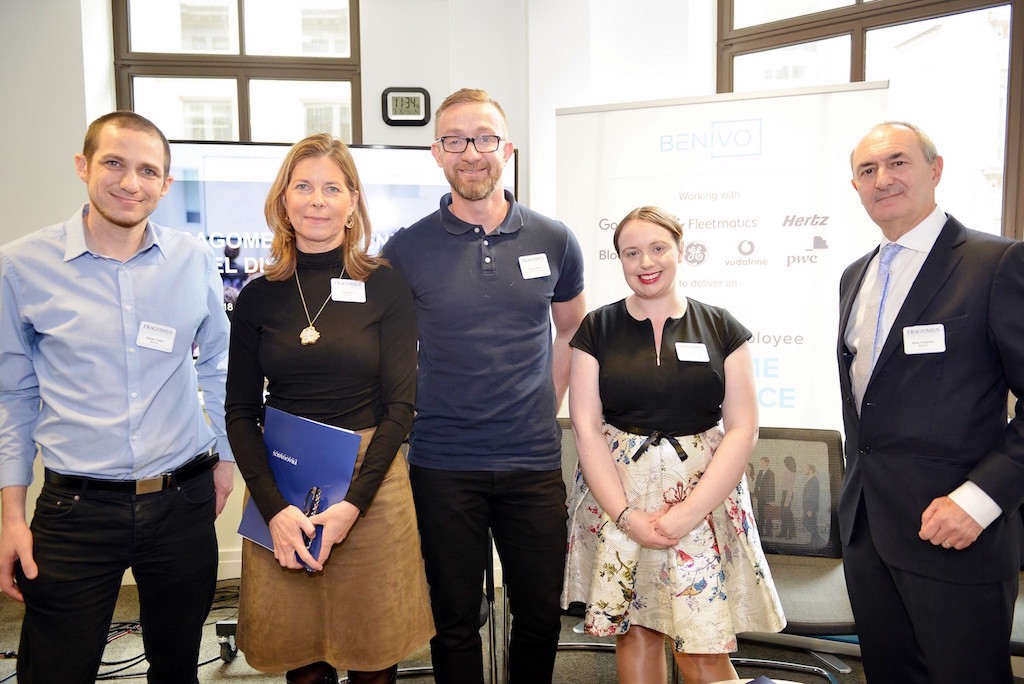
Sign up to our email
